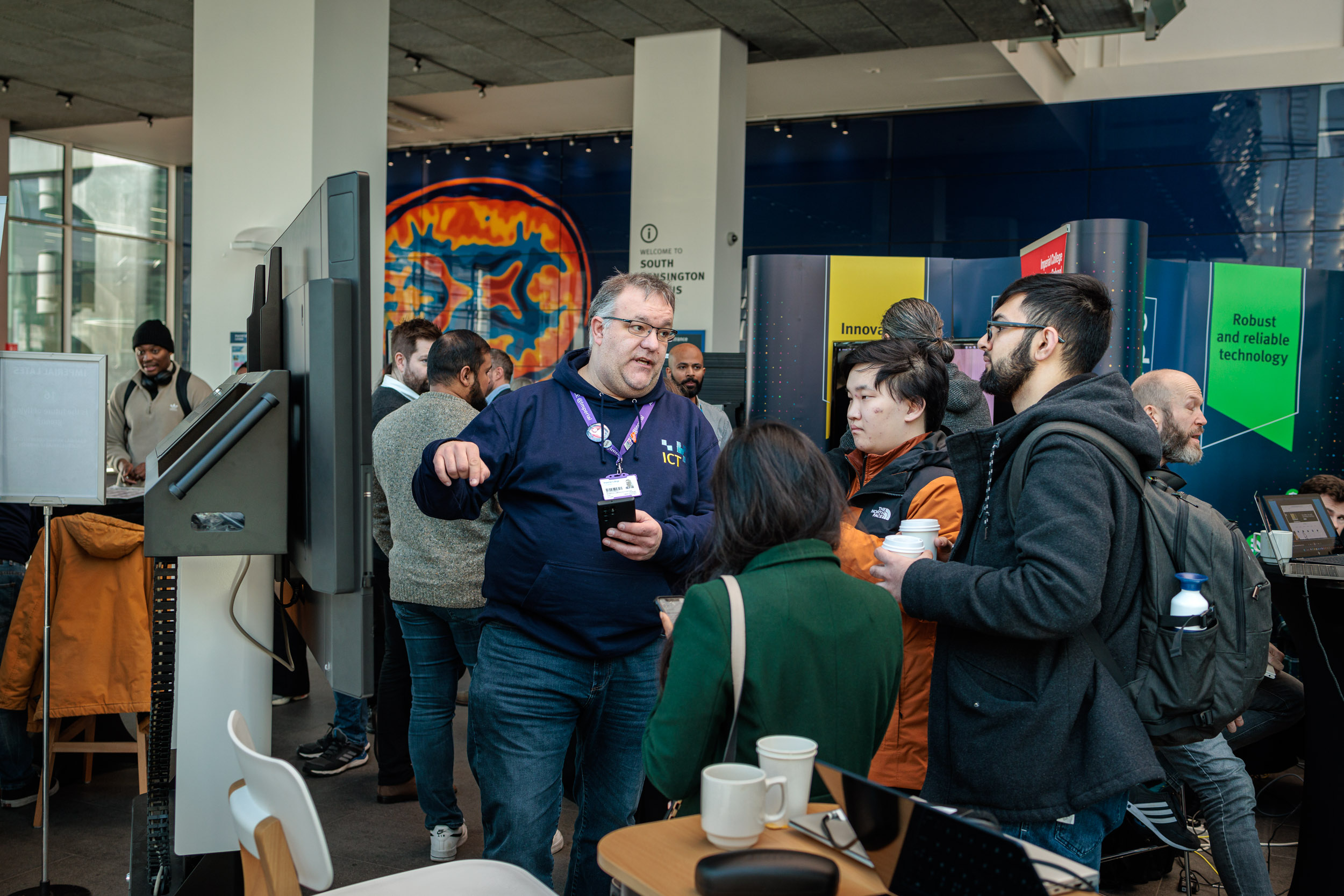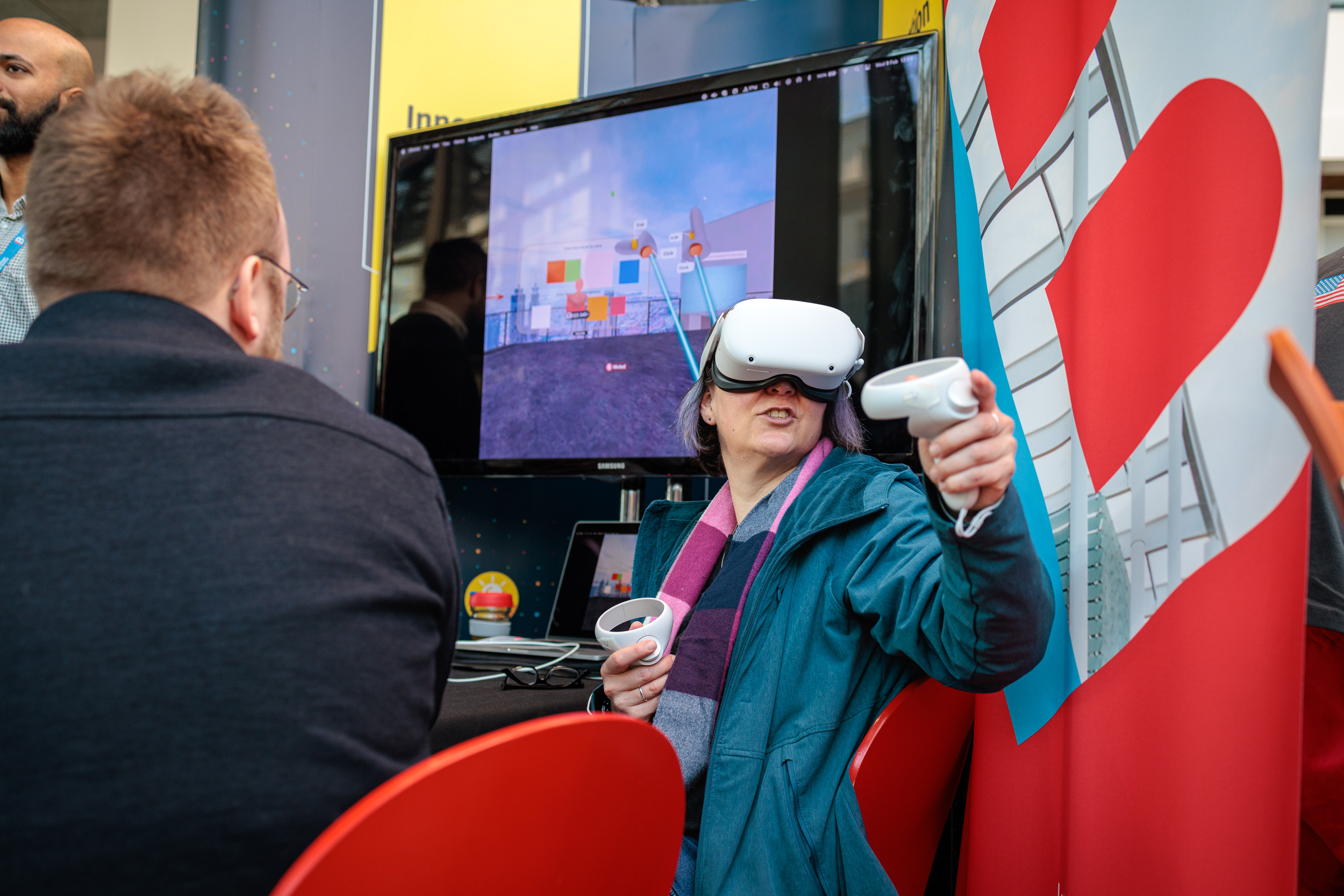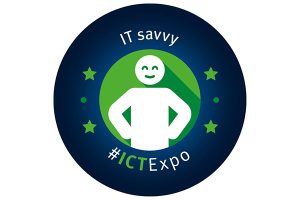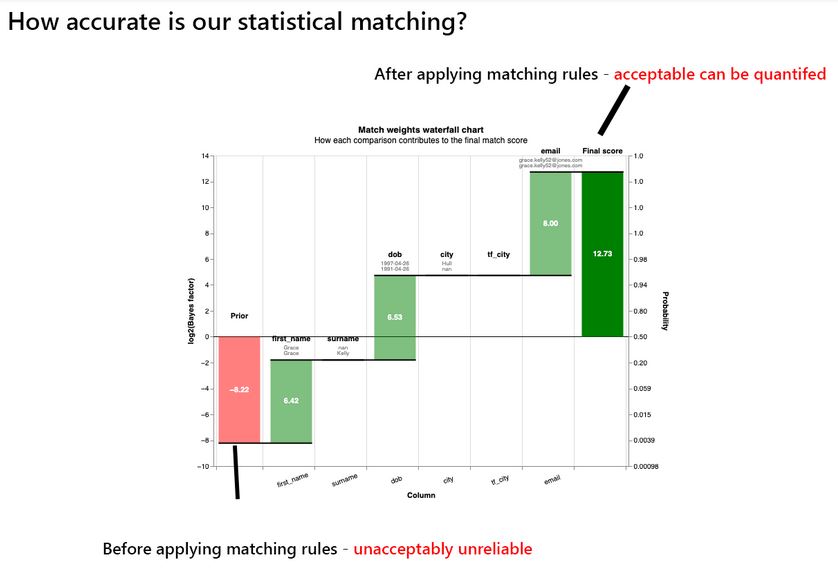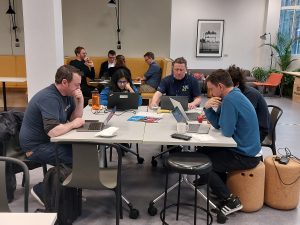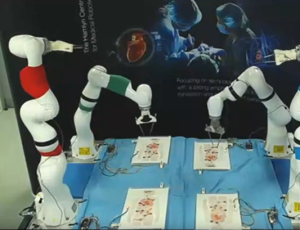ICT’s Student Lifecycle Administration Product Line, led by Adrian Thomas have been collaborating closely with Registry to make improvements to the Banner Student System.
“Collaborative working between Registry and ICT benefits from complimentary experience and expertise, which enables us to get the requirements right, and communicate effectively between ICT and end users.” Eleanor Grant, Senior Systems Officer, Registry
What is Banner?
Banner is used to manage the information of our student applicants and student administration.
Together, ICT and Registry have been testing and getting feedback from our Banner users on some fantastic improvements to the Student Records Management application and Banner Student Enquiry Form.
The Banner Student Enquiry form is a bespoke form pulling together vital information regarding a student’s programme so that department administrators, senior tutors, Registry and others can easily view information around specific students in one place, such as:
- Student person details
- Programme and programme status
- Student record information including year of programme, level, faculty and department
- Progression information
- Interruption of studies
- Modules
- Degree outcomes
- Research information including milestones, supervisors and thesis title
Making improvements that work for all
Learning and teaching staff from the faculties have been supporting the testing and feedback to help identify issues with some incorrect content and the challenges relating to accessing the form on Apple Mac devices.
This collaboration between the Student Lifecycle team, with Registry and faculty staff to identify, understand and resolve issues means that now Mac users get the same experience as Windows users.
Registry’s Senior Systems Officer, Eleanor Grant, was integral to the project as a subject matter expert and dedicated to ensuring improvements were fit-for-purpose.
Eleanor said, “Registry (Student Administration) discussed feedback from university users on the Banner Student Enquiry Form with ICT, and teams worked together to deliver a solution. Collaborative working between Registry and ICT benefits from complimentary experience and expertise, which enables us to get the requirements right, and communicate effectively between ICT and end users. Registry and ICT work together in this way to deliver fixes and improvements across the Student Lifecycle Product Line.”
“It was great to see our digital ambitions and agile methodology in action, with the Student Lifecycle product line teams working together with Registry, faculty staff and suppliers to make iterative changes to ensure a better user experience. I look forward to continuous development and improvement for this and many of our student lifecycle products”. Adrian Thomas.
Find out more about Banner Student System
Staff can access Banner through My Imperial.
You can find out more about the Banner Student System. or get training on the Student Records Management web page.
Further support
If you want to support or feedback on Banner and other Student Lifecycle applications, please contact our Student Lifecycle Team.
If you have any technical issues, please contact the ICT Service Desk.
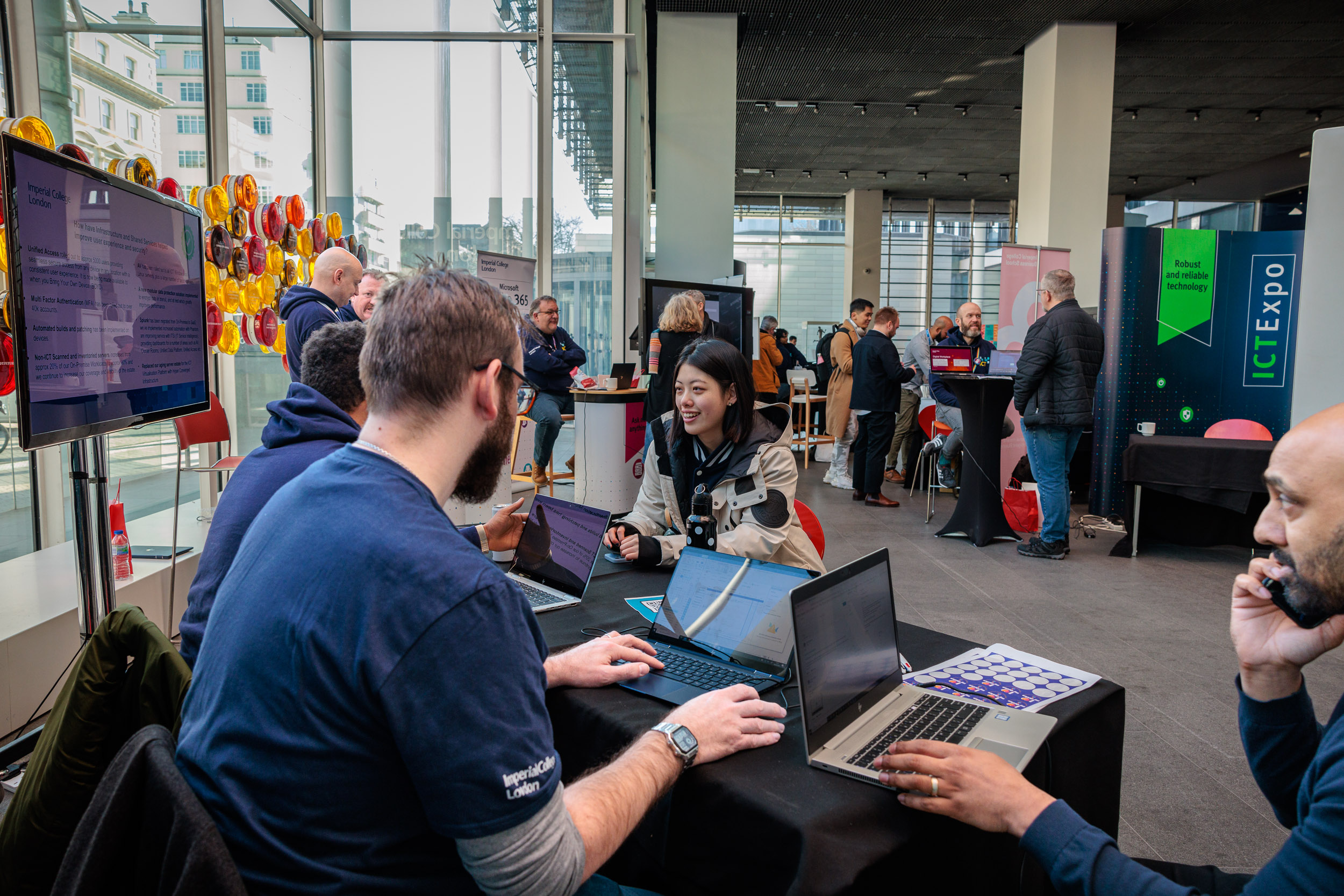 Our ICT team came out from behind their laptops in Sherfield and went on the road with our first ever ICT Expo.
Our ICT team came out from behind their laptops in Sherfield and went on the road with our first ever ICT Expo.